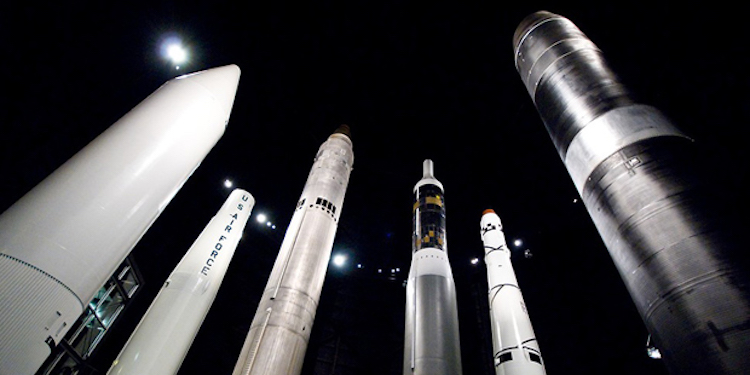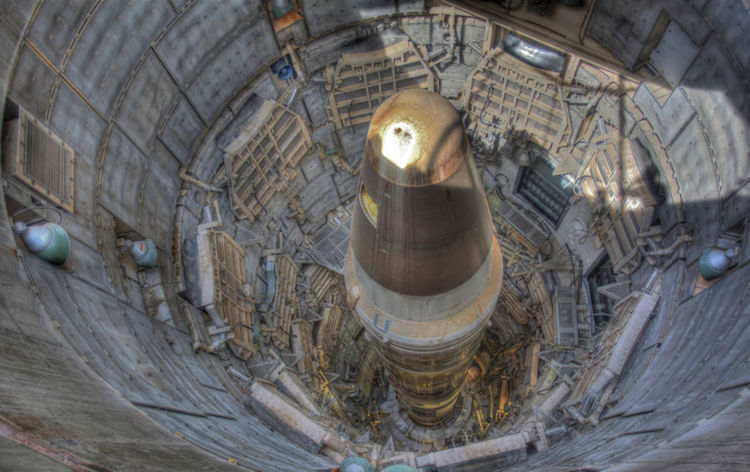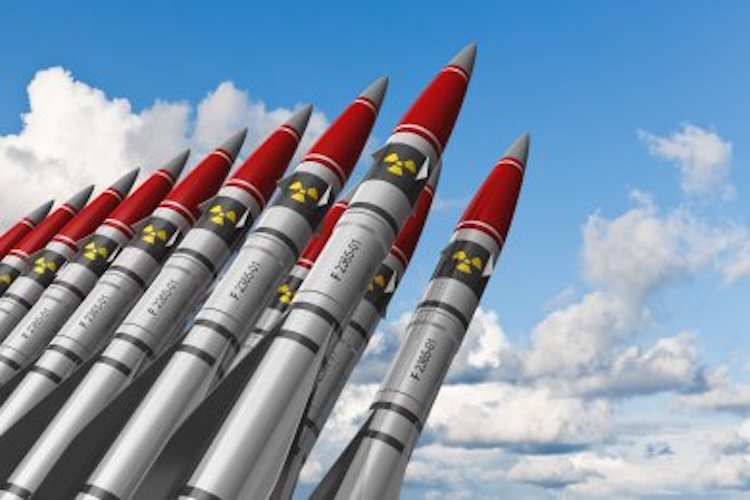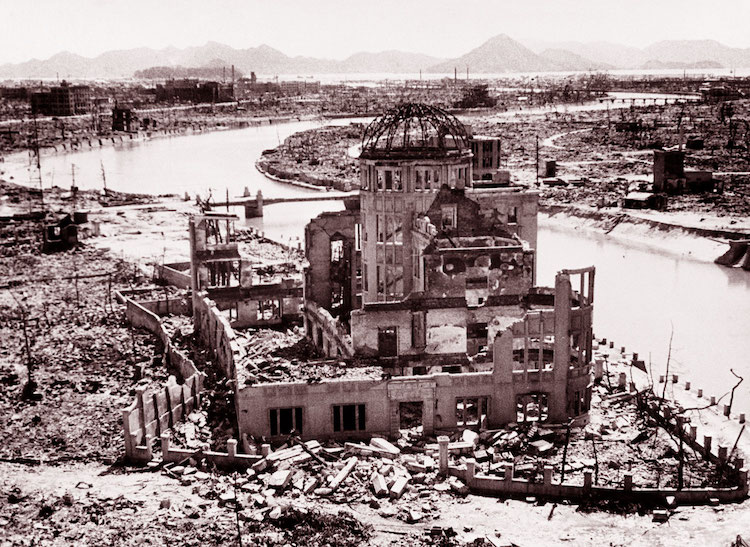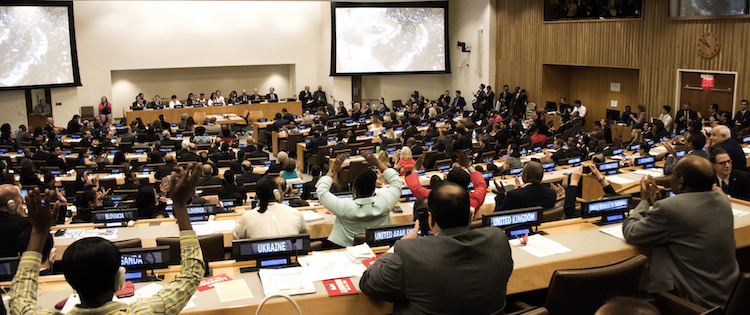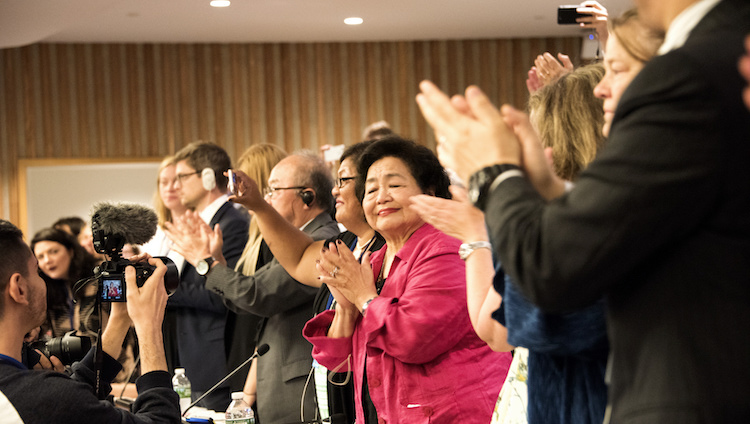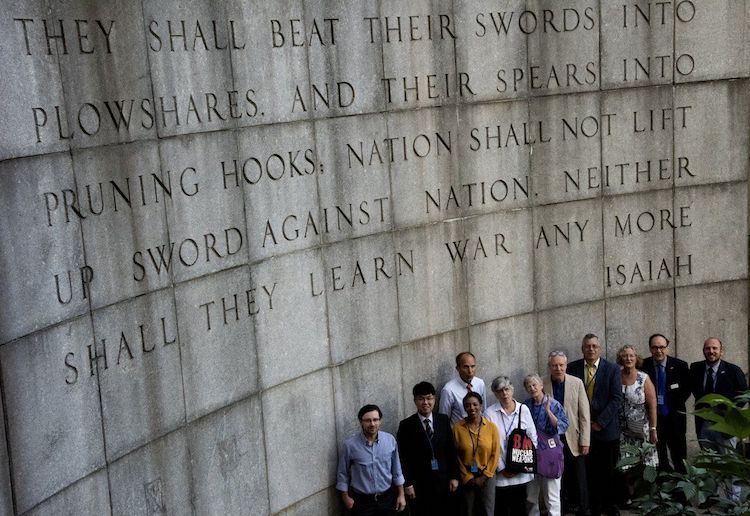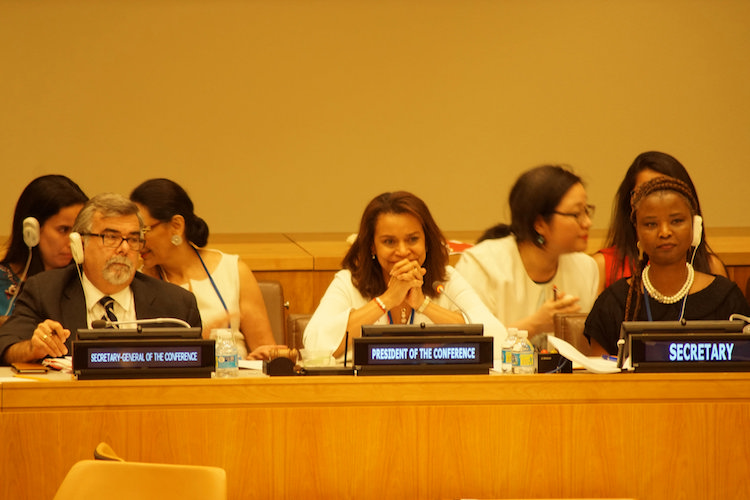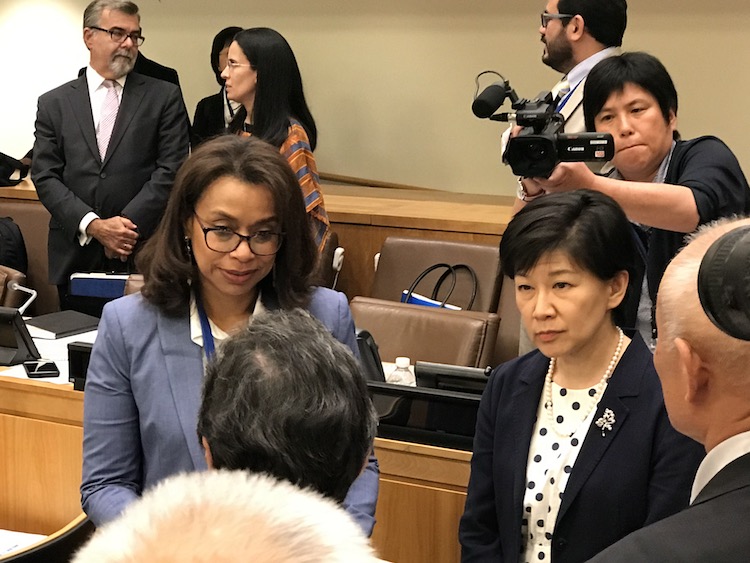By Brian Trautman, Gerry Condon, Samantha Ferguson
NEW YORK | SAN FRANCISCO | ST. LOUIS (IDN) – On July 7 2017, the United Nations, in a historic decision, approved a legally binding instrument to ban nuclear weapons, the Treaty on the Prohibition of Nuclear Weapons. Months of negotiations involving over 130 countries began in March 2017, culminating in a final draft endorsed by 122 countries. The treaty marks a significant milestone to help free the world of nuclear weapons.
The treaty emphasizes “the catastrophic humanitarian consequences that would result from any use of nuclear weapons.” It forbids participating states “to develop, test, produce, manufacture, otherwise acquire, possess or stockpile nuclear weapons or other nuclear explosive devices.”

